Search
Summary 
Loading AI-generated summary based on World History Encyclopedia articles ...
Search Results
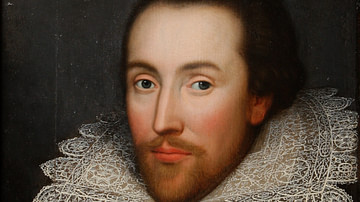
Image
William Shakespeare
A c. 1610 CE portrait of William Shakespeare (1564-1616 CE), the celebrated playwright of Elizabethan theatre. (Hatchlands Park, Surrey, England)

Article
8 Sonnets and Songs by William Shakespeare
The literary works of William Shakespeare (l. c. 1564-1616) are often regarded as some of the most important in the English language. Alongside his famous plays, he also wrote poems, including 154 sonnets. Included here are six of the best-known...

Image
William Shakespeare and Ben Jonson at the Mermaid Tavern
An imagined conversation between William Shakespeare and Ben Jonson at the Mermaid Tavern, illustration from A book for Shakespeare plays and pageants by Orie Latham Hatcher, 1916.

Definition
John Fletcher - Father of the English Tragicomedy
John Fletcher (1579-1625) was a playwright of the English Renaissance who flourished during the Jacobean Era (1603-1625). The author of over 50 plays, he is known for developing the genre of tragicomedy in English literature, and for his...

Definition
William the Conqueror
William the Conqueror (c. 1027-1087), also known as William, Duke of Normandy, led the Norman Conquest of England in 1066 when he defeated and killed his rival Harold Godwinson at the Battle of Hastings. Crowned King William I of England...
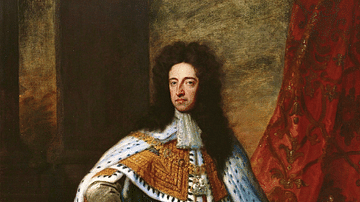
Definition
William III of England
William III of England (also William II of Scotland, r. 1689-1702) became king of England, Scotland, and Ireland after the Glorious Revolution of 1688. Protestant William, Prince of Orange, was invited to rule jointly with his wife Mary II...

Definition
Thomas Middleton - Master of Jacobean Comedy and Tragedy
Thomas Middleton (1580-1627) was a poet and playwright of the English Renaissance, who flourished during the Jacobean Era (1603-1625). One of the most successful dramatists of his time, he often collaborated with other playwrights, including...
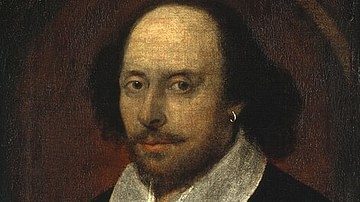
Image
Portrait of William Shakespeare, c. 1611
The Chandos Portrait, thought to depict William Shakespeare, oil on canvas, attributed to John Taylor, c. 1611.
National Portrait Gallery, London.
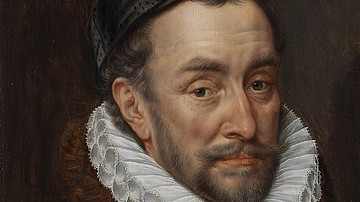
Definition
William the Silent
William the Silent (l. 1533-1584, also known as William of Orange) was the leader of the Dutch Revolt (the Eighty Years' War) in the Netherlands; first politically (between 1559-1568) then militarily (between 1568-1584). He is among the most...
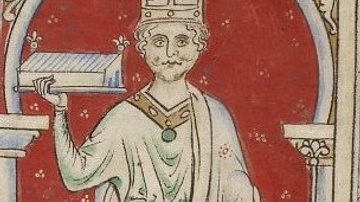
Definition
William II of England
William II of England, sometimes called William 'Rufus' for his red hair and complexion, reigned as the king of England from 1087 to 1100 CE. The son of William the Conqueror (r. 1066-1087 CE), the younger William was loyal to his father...